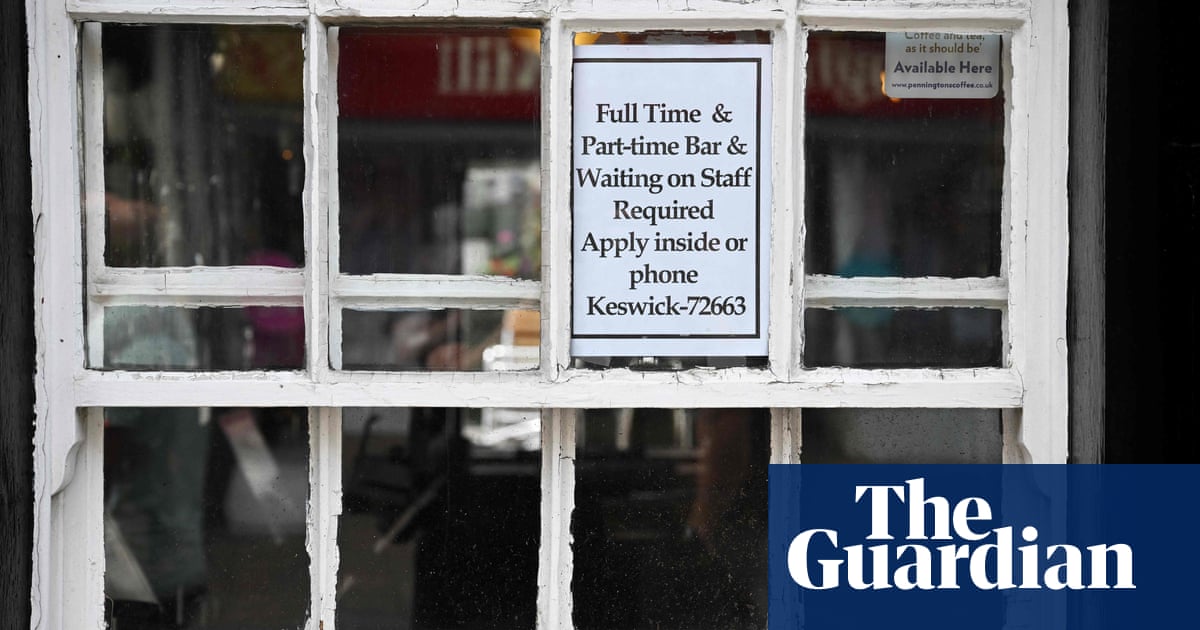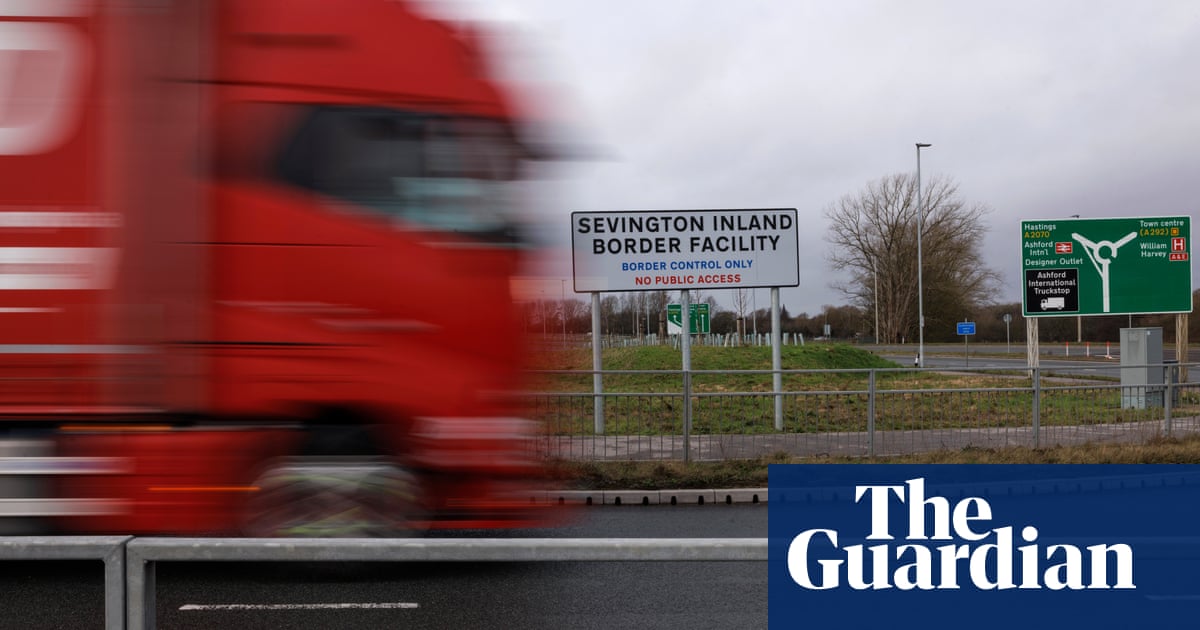
Brexit has led to a shortfall of 330,000 people in the UK labour force, mostly in the low-skilled economy, a report by leading researchers has found.
The departure from the EU in 2020 led to an increase in immigration from non-EU countries, but not enough to compensate for the loss of workers from neighbouring countries, according to the joint findings of the thinktanks Centre for European Reform (CER) and UK in a Changing Europe.
Their calculations took account of recent Office for National Statistics figures that showed an overall reduction in net immigration of 540,000 to June 2022.
However, to assess the impact of Brexit within than decline, the report also used the ONS annual population survey to help model what the UK workforce would have looked like had freedom of movement not come to end and British immigration laws remained the same.
The post-Brexit points system immigration system has, by design, made it more difficult for those without qualifications to move to the UK to work. The system came into force in January 2021 and by June 2022 there was a shortfall of 460,000 EU workers, the research found.
The arrival of 130,000 non-EU workers cushioned the blow but did not close the gap, leaving “large shortfalls” in six key sectors.
Transport and warehousing was worst hit, with a reduction of 128,000 of EU workers, or 8% of total employment in that sector.
In wholesale and retail, the drop amounted to 3%, or 103,000 EU workers, while in the hospitality and food sector it was 4%, or 67,000. Manufacturing and construction were down 2% each, and there was a decline of 32,000 EU workers in administrative and support areas.
“In more skilled sectors, such as healthcare, education and ICT, an increase in non-EU workers more than compensated for losses of those from the EU,” the report found.
The research, entitled Early Impacts of the Post-Brexit Immigration System in the UK Labour Market, was produced by Jonathan Portes, a professor of economics at King’s College London and a senior fellow at UK in a Changing Europe, and John Springford, deputy director of the CER. “Overall, the new system is working broadly as Leave advocates promised,” they concluded.
The CER report comes a couple of months after a key Brexit backer, the chief executive of Next, Lord Wolfson, called on the government to revisit immigration rules to lure back EU workers.
Last month a report by peers warned that the UK’s shrinking labour force and soaring number of job vacancies since the start of the Covid pandemic was putting the economy at risk of weaker growth and persistently higher inflation. Factors behind the trend include loss of freedom of movement, but also the disappearance of many people over the age of 50 from the workforce.
The governor of the Bank of England, Andrew Bailey, warned on Monday that a shortage of workers could still pose major risks contributing to inflation through wage growth.












